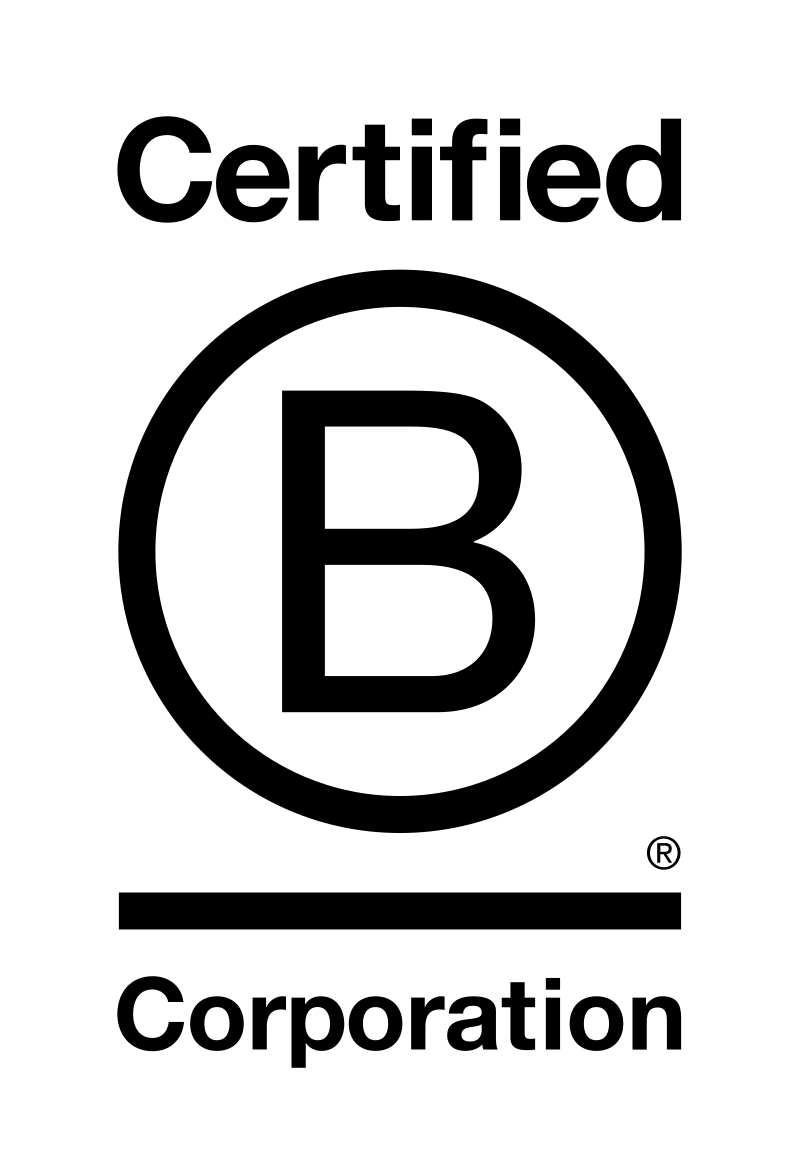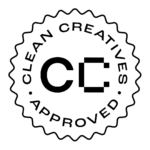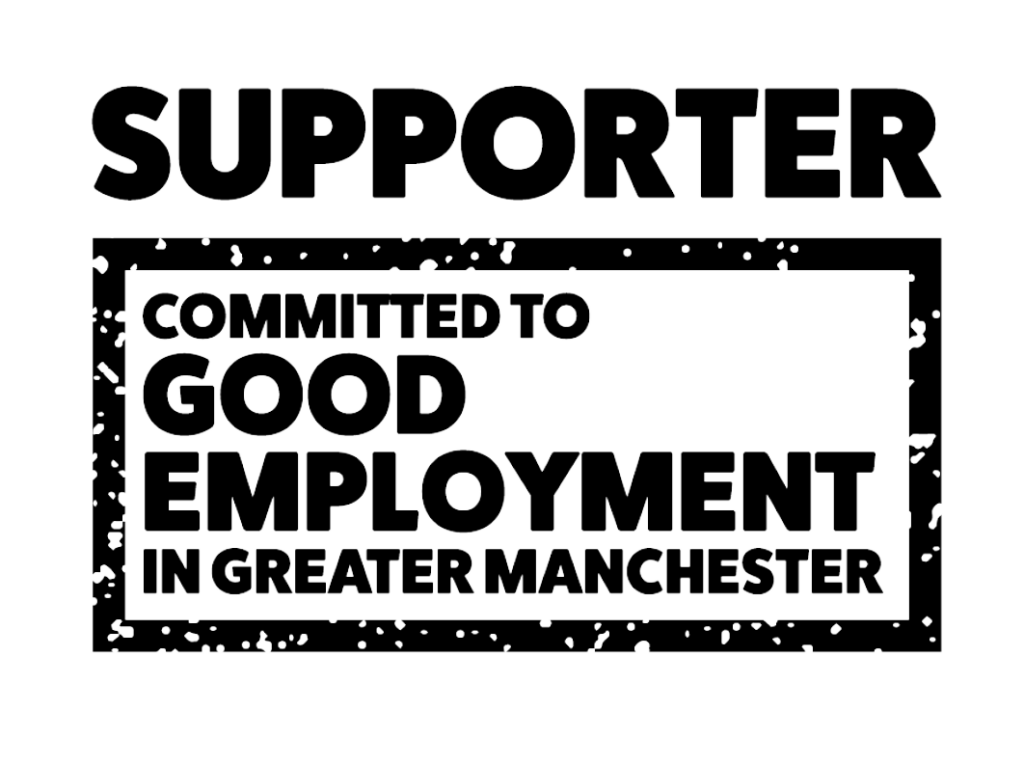
Georgina, our Head of Content, is a connoisseur of captivating copy.
She intertwines strategy effortlessly into every piece, creating content that cuts through and gets people to act. Georgina also mentors our budding copywriters, helping them refine and elevate their craft. Outside of work, you’ll find her rolling dice in Dungeons & Dragons or swooning over dogs.
We can’t afford to ignore it.
Consumers have more information at their fingertips than ever before. They see through weak promises and spot “green” claims that aren’t backed up.
We’ll share how to:
Gain clear steps to stay competitive. It’s your chance to stand out in an era of higher scrutiny — and higher rewards for doing it right.
Today’s consumers see through greenwash.
They scrutinise your supply chain, carbon footprint and brand ethics.
They want proof, not platitudes.
They check your raw materials, packaging and production methods.
Gen Z and Millennials are particularly vigilant, leading the way in sustainability demands. For instance, 49% of Gen Z and 48% of Millennials are willing to pay more for environmentally friendly products. But all generations are paying attention.
They expect more than a product or service — they want genuine impact and full transparency.
If you don’t meet these expectations, they’ll move on.
What is greenwashing? It’s when an organisation claims to be “green” but isn’t backing it up. It damages trust and hurts your reputation.
Take the Volkswagen “Dieselgate” scandal. The US Environmental Protection Agency caught Volkswagen cheating on emissions tests. They had put software in their diesel cars that made emissions look lower than they actually were — in reality, they were up to 40 times over the limit!
The fallout was over $30 billion in fines and a huge hit to their reputation.
The Financial Conduct Authority (FCA), along with the Competition Markets Authority (CMA) and Advertising Standards Agency (ASA), has been intensifying efforts to clamp down on greenwashing. Meaning fines and legal troubles could be on the horizon.
Worse, once customers feel deceived, they’re unlikely to come back.
Transparency matters.
Show your sustainability practices, share your data and explain your goals.
For example, if you’re aiming to reduce energy consumption, publish detailed performance reports and share case studies that demonstrate the impact of your initiatives.
Don’t hide the challenges you face — admit where you fall short and how you plan to improve.
Align with trusted organisations. Achieve certifications like B Corp or your local eco-standards. Go beyond simple claims by looking at every step of your process, from materials to suppliers. If it’s real, your audience will see it and trust it.
Don’t overpromise.
If you can’t deliver, you’ll lose credibility fast. Announcing “net zero” without a clear roadmap or verifiable data is an excellent way to lose trust.
Avoid token gestures that look good on a label but lack real impact. Like slapping a “green” sticker on products without ensuring eco-friendly materials or processes.
Don’t bend the truth with fluffy marketing claims — consumers see through it.
Steer clear of greenwashing. If you make a claim, back it up. In an era of instant fact-checking, your word needs to hold up.
Sustainability can feel overwhelming.
But here’s the thing … many businesses are already making progress, often without noticing. For example, maybe most of your staff use public transport. That’s not just a statistic—it’s a real sustainability win worth celebrating.
Encourage your team to share their eco-friendly habits, like biking to work or cutting back on plastic. Highlight these small actions in your internal updates and reports. It shows that every effort, no matter how small, counts.
By shining a light on these everyday wins, you build a culture that values sustainability. Simple choices add up, and this positive momentum can inspire more ideas and bigger changes.
We’ve been through the highs and lows ourselves as a B Corp-certified team. We know it’s not always easy, but the rewards are worth it. 2025 will bring big changes — and big opportunities — for those who get it right.
Be honest. Be transparent. And remember, it’s okay to show where you’re still learning. That kind of openness wins trust and sets you apart.
Ready to make it happen? Let’s have a casual chat.
We’d love to share what we’ve learned and help you stand out in this new era of sustainability.


